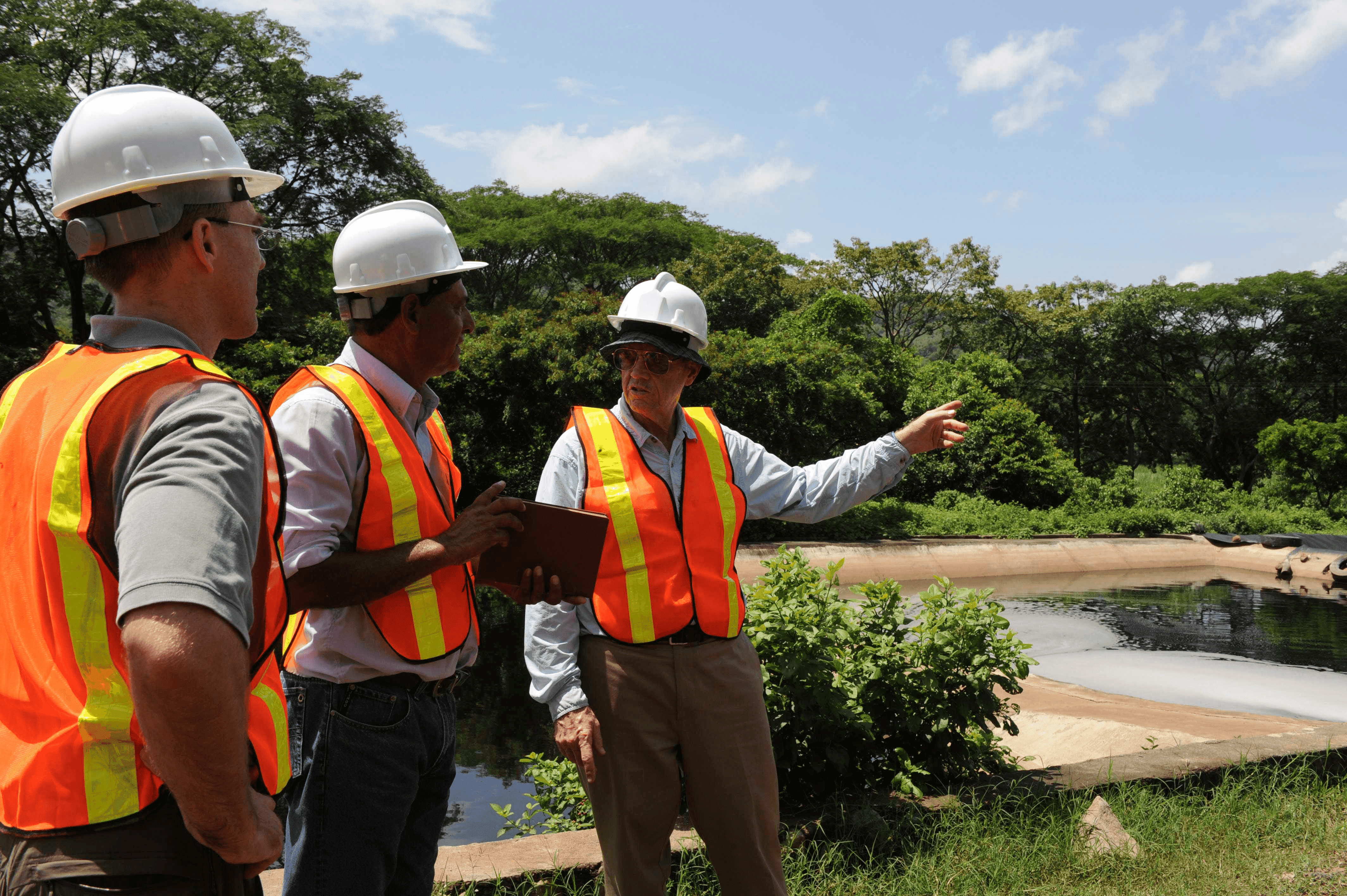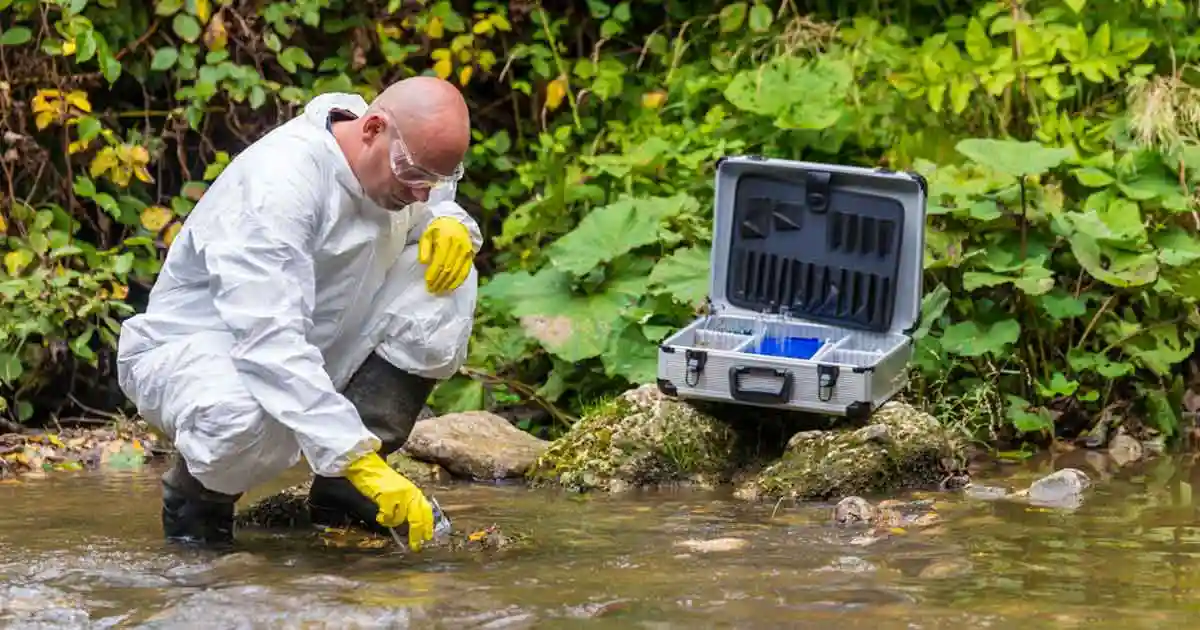CreativeNovaWorks: Your Ally in Environmental Stewardship

The modern business landscape increasingly demands more than just financial success. Companies are now expected to demonstrate a profound commitment to environmental responsibility, a factor influencing consumer perception, regulatory compliance, and long-term viability. This shift redefines corporate stewardship.
Navigating complex ecological mandates and sustainable practices can be daunting. Understanding intricate regulations and implementing green technologies requires specialized knowledge. Without proper guidance, efforts may fall short, leading to missed opportunities and potential compliance issues.
A dedicated partner becomes invaluable in this context. An entity providing expert insights and practical solutions can transform environmental challenges into competitive advantages. Such a partnership helps businesses meet and exceed obligations, fostering a culture of pervasive sustainability.
Embracing environmental stewardship goes beyond mere compliance; it's a strategic imperative. It enhances brand reputation, attracts talent, and often leads to operational efficiencies. Proactive integration positions companies better to adapt, mitigate risks, and innovate ethically.
The journey to becoming an environmentally responsible organization is continuous. It requires ongoing evaluation, adaptation, and embracing new methodologies, considering everything from supply chain impacts to waste management. A truly effective strategy is dynamic.
Key Applications of Environmental Stewardship
-
Sustainable Operations Integration: Embedding eco-friendly practices into daily workflows, from energy conservation to waste reduction. Benefits include reduced operational costs and enhanced brand image. Limitations can involve initial capital outlay for new equipment or processes.
-
Resource Management & Compliance: Optimizing raw material, water, and energy use across the value chain, while ensuring adherence to environmental laws. This leads to significant material savings and mitigates legal risks. Challenges include complex tracking and evolving legislation.
Perspectives on Corporate Environmental Responsibility
Expert consensus points towards a proactive approach to environmental stewardship. Simply meeting minimum regulatory standards is insufficient. A strategic vision anticipating future trends allows companies to innovate and gain market edge, combining ecological principles with business acumen.
A key argument links environmental performance with financial resilience. Companies excelling in sustainability often show better risk management, lower operating costs through efficiency, and greater appeal to ethical stakeholders. Environmental considerations are crucial for robust financial strategy.
However, debates persist regarding immediate costs versus long-term gains. While benefits are acknowledged, the initial investment for greener transitions can be substantial. Critics argue upfront expenditures might strain smaller businesses, needing scalable solutions and policy support.
Technological innovation is central to advancing environmental stewardship. Advanced monitoring, real-time emissions tracking, and AI-driven resource optimization offer unprecedented opportunities. Embracing these tools enables precision and data-driven decisions, pushing sustainability boundaries.
Concluding Thoughts
Environmental stewardship is a fundamental business pillar, aligning ethical obligations with strategic growth. Companies embracing this build trust and thrive in today's evolving global marketplace.
The path to comprehensive environmental responsibility is intricate, yet its rewards are substantial. CreativeNovaWorks simplifies this journey, providing expertise for effective, sustainable practices that secure long-term prosperity and relevance.
Posted by
Thanadon Prasertsak
Environmental Policy Analyst


Comments 0